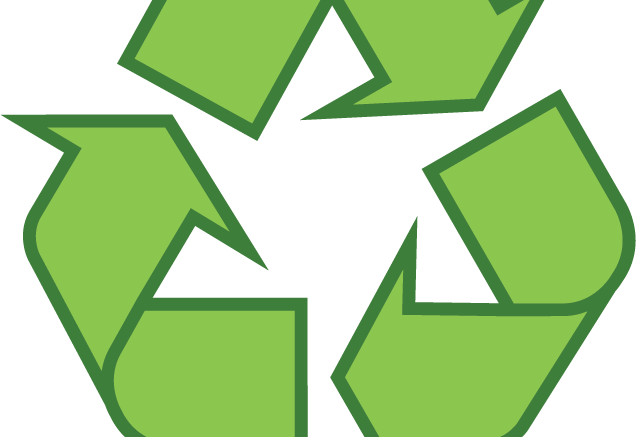Every two years or so we get new phones. Every five years, new computers. On the outside, we get new TVs every ten years, sometimes less. Within the last decade, we’ve been asked not to just throw the old ones out, but to recycle them responsibly. Is this just another sham or is it worth something?
First, ask if something really is recyclable
The hard truth is that a lot of things in our modern world are essentially impossible to recycle. Take the case of AirPods, as Vice did several years ago. This article, one of my favorites just because of the cover photo, lays out the dilemma. In order to make things impossibly small, we’ve made them impossible to repair. The situation isn’t as dire as the article makes it seem, at least for AirPods, because there’s now a cottage industry devoted to repairing them. But what about all the other small earbuds out there? They’ll end up in electronics recycle yards, probably forever, because disassembling them for their core metals won’t make anyone much money.
I was reminded of this as I prepared to toss another mouse onto the recycle pile. I tend to break a mouse about every three years. They stop connecting, or the non-replaceable battery stops working well enough, or something. Chances are, though, every mouse I’ve ever used dating back to this one from 1983, is still out there somewhere. It’s enough to give you nightmares. Well, it’s enough to give me nightmares, anyway. Imagine every piece of gear you ever got rid of rising up from their graves to try to get rid of you. That by itself should convince you that every piece of old kit should be disassembled and recycled.
Looking at this from different points of view
Let’s look at two points of view, one from each side of the “spectrum.” We have a policy here to respect other people’s opinions so there’s no point in getting political. But certainly, there are two different points of view here.
If you’re the sort of person who thinks it’s important to take an active role in preserving the environment, it probably isn’t going to take a lot to convince you to recycle electronics. All the same, you should know that most electronics are filled with lead, arsenic, mercury, and other poisonous metals. You should probably know that heavy metal mining is very harmful to local flora and fauna and that it’s usually done in third-world countries where they don’t have safety precautions. On the other hand, US law says that all electronics that are turned in for recycling in the US must be dismantled in the US under strict laws. That means a lot less damage to the environment.
Now let’s say you’re the sort of person who believes that a strong country comes from strong businesses and a strong economy. You might feel that the threat to the environment is overstated, based on data you’ve been provided. Does that mean you shouldn’t want to recycle? Keep this in mind: reclaiming heavy metals from electronics in the US provides jobs here. Over time, reusing the same heavy metals over and over is less expensive than mining them. Mining is usually done in other countries, without any positive effect on the US economy. Electronics dismantling is a growing industry and it’s a profitable one that employs both skilled and unskilled laborers.
Something we can all agree on
When it comes to electronics recycling, it really is something both sides can agree on. Here’s something else we can agree on. When you need something new, you’ll find it at Solid Signal. Shop SolidSignal.com for all the accessories you need to live your best digital life. Not sure what you need? Call us! We’re here for you at 888-233-7563 during East Coast business hours. If it’s after hours, fill out the form below. We’ll get back to you, usually within one business day.

